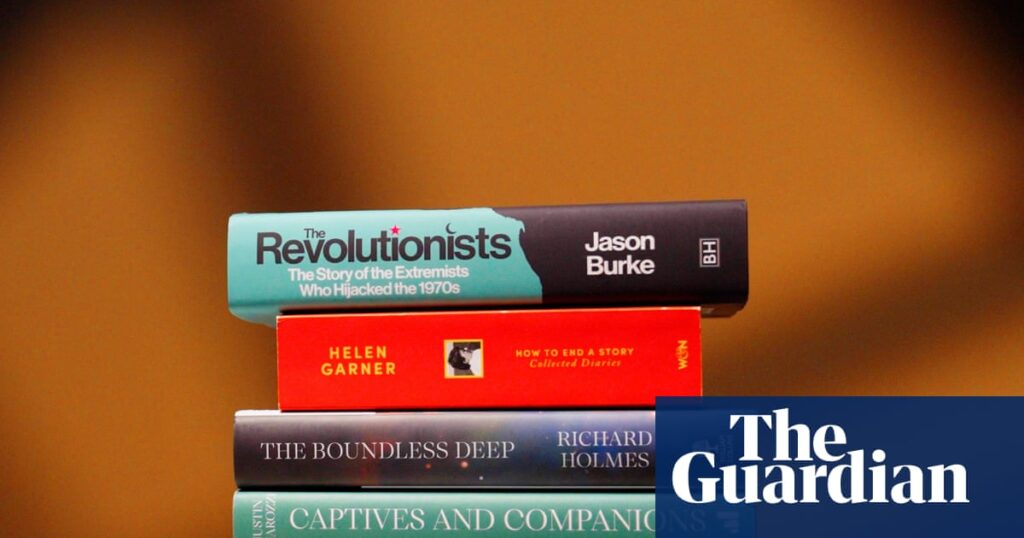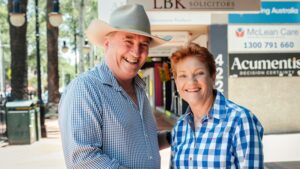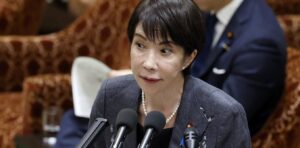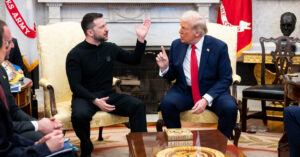
The shortlist for the Baillie Gifford Prize, the UK’s most prestigious nonfiction award, has been announced, showcasing a diverse array of subjects including “formidable female novelists, ghastly literary men, a faith-shaken poet, eunuchs, pirates, horny wolves, and international terrorists.” This eclectic range of topics was highlighted by the prize’s judging chair, Robbie Millen, during a press conference on Wednesday.
This year, literature emerges as a central theme, with the shortlist featuring works such as the collected diaries of Australian writer Helen Garner, alongside books about Scottish novelist Muriel Spark and poet Tennyson. The selection also includes explorations of Islamic slavery and the rise of radical extremism in the West. Millen, who serves as the literary editor of the Times and the Sunday Times, emphasized the breadth of subject matter and style represented by the six shortlisted books.
Spotlight on Shortlisted Works
Among the notable entries is “The Revolutionists: The Story of the Extremists Who Hijacked the 1970s” by Jason Burke, the Guardian’s international security correspondent. The judges praised the book for its “counterintuitive argument,” which traces the decline of the left leading to the rise of Islamism, describing it as “tremendously well-written.”
Helen Garner’s “How to End a Story” has also been shortlisted, with Guardian reviewer Rachel Cooke lauding it as “the greatest, richest journals by a writer since Virginia Woolf’s.” Richard Holmes, a previous finalist in 1999 and 2009, returns with “The Boundless Deep: Young Tennyson, Science and the Crisis of Belief.”
Frances Wilson, previously longlisted in 2016 and 2021, is recognized for “Electric Spark: The Enigma of Muriel Spark,” described as a “canny biography” by Olivia Laing in her Guardian review. Completing the shortlist are “Captives and Companions: A History of Slavery and the Slave Trade in the Islamic World” by Justin Marozzi, and “Lone Wolf: Walking the Faultlines of Europe” by Adam Weymouth.
Diversity and Sponsorship Controversies
When questioned about the lack of racial diversity among the shortlisted authors—all of whom are white—Millen stated that the judges prioritized “diversity of topic and style,” and that the outcome was not intentional. The winner of the prize, to be announced on November 4, will receive £50,000, while the other shortlisted authors will each receive £5,000.
The Baillie Gifford Prize is sponsored by the investment management company Baillie Gifford, which has faced criticism for its investments in businesses linked to fossil fuels and Israel. Last year, protests led to the termination of the company’s sponsorships of nine UK literary festivals. Richard Flanagan, last year’s winner for “Question 7,” refused the prize money until Baillie Gifford committed to reducing its fossil fuel investments, opting instead to donate the funds to a literacy charity.
Prize director Toby Mundy noted that the company’s sponsorship commitment expires this year, but expressed optimism about continued support, citing “very positive indications” from Baillie Gifford.
Judging Panel and Historical Context
This year’s judging panel includes historian and author Pratinav Anil, journalist and broadcaster Inaya Folarin Iman, cultural historian and previous prize winner Lucy Hughes-Hallett, deputy culture editor of the Economist Rachel Lloyd, and author and biographer Peter Parker. The judges selected the shortlist from 350 books published between November 1, 2024, and October 31, 2025.
Recent winners of the prize include John Vaillant, Katherine Rundell, Patrick Radden Keefe, and Craig Brown, highlighting the award’s tradition of recognizing outstanding nonfiction that challenges, informs, and inspires.
The announcement of this year’s shortlist underscores the dynamic and evolving landscape of nonfiction literature, with the Baillie Gifford Prize continuing to spotlight works that provoke thought and engage readers on a wide array of global issues.






